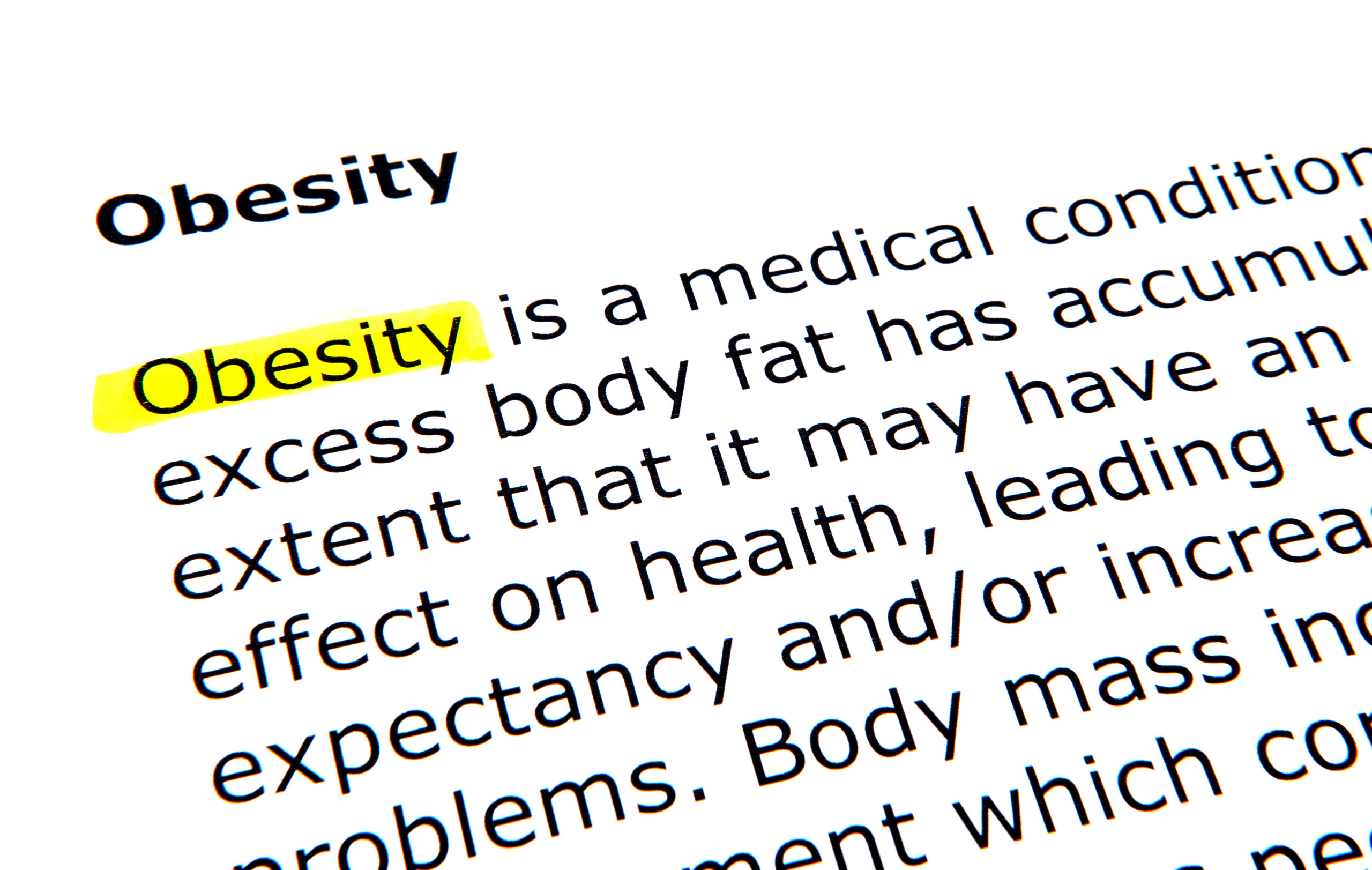By Dr. Mark Cavaretta
As we focus on the Coronavirus pandemic, let us not forget about the other pandemic that has been plaguing us much longer, and that now affects about one-third of adults in the United States — obesity. A vaccine might be the best way to mitigate the COVID-19 pandemic, unfortunately, the same cannot be said about the best treatment for obesity — bariatric (weight-loss) surgery. Nationally, only one percent of patients eligible for the surgery have it annually.
Now is the best and safest time in history for patients to have weight loss surgery — the Centers of Excellence reports major complication rates at below one percent. A recent study of over 66,000 diabetic patients undergoing several major types of laparoscopic operations revealed that laparoscopic gastric bypass had a lower complication rate than hysterectomy, appendectomy, gallbladder, colon resection, and other common surgeries.
Weight-loss surgery has come a long way indeed. It is now the most effective treatment for obesity but must be performed in conjunction with adhering to a proper diet, engaging in physical activity, and adopting behaviors conducive to optimal and long-lasting benefits. In addition to weight loss, bariatric surgery can have profound metabolic effects. Many patients see improvement and even resolution of conditions like diabetes, hypertension, hyperlipidemia, and obstructive sleep apnea. This often leads to improvements in life quality, including better mobility, improved sleep, less shortness of breath, relief of back and joint pain, and ultimately improved longevity.
All bariatric surgery patients undergo a comprehensive program at a Center of Excellence that includes evaluation and optimization of lifestyle choices, diet, exercise, and behavior that continue even after the procedure, so patients gain the greatest benefit from the weight-loss surgery. The basic criteria for bariatric surgery have remained the same for several decades — a BMI of 40 or greater, or 35 or greater with a comorbidity such as diabetes, hypertension, hyperlipidemia, or sleep apnea.
These days, all bariatric procedures are minimally invasive, performed either laparoscopically or robotically. The Sleeve Gastrectomy is the most common weight-loss surgery in the world and is suitable for most patients. Gastric bypass is an excellent option for patients who have diabetes that is difficult to control, or GERD, while Biliopancreatic Diversion with Duodenal Switch and Revisional Bariatric Surgery are performed less often, and as needed.
The American Society for Metabolic and Bariatric Surgery now categorizes bariatric surgery as “medically necessary – time-sensitive surgery” and rejects the “elective” category in which bariatric surgery has traditionally been placed. This new terminology will hopefully change how prospective patients, the healthcare community, our healthcare system, and society as a whole view bariatric surgery. Perhaps this will get us closer to beating the obesity pandemic.
Dr. Cavaretta is a fellowship-trained general and bariatric surgeon with Trinity Medical WNY Group at Sisters of Charity Hospital. Visit www.trinitymedicalwny.org or call Dr. Cavaretta at 716-893-0333 to make an appointment.












